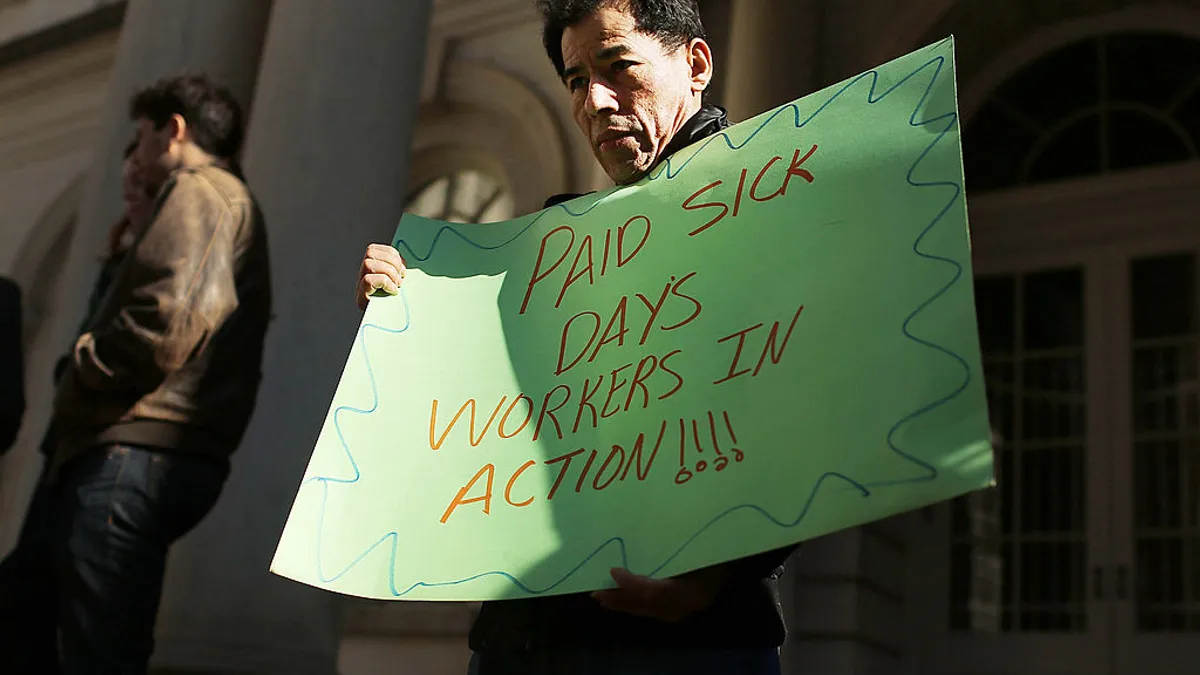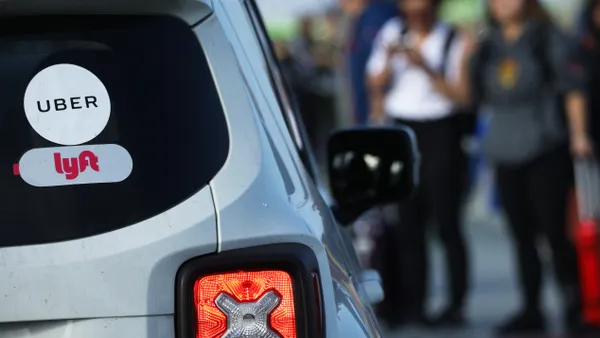Despite increasing investment in well-being programs, few employees feel supported by their workplace’s sick leave and mental health programs — and aren’t sure whether they can really take time off without consequences, according to a July 10 report from TEAM Software.
While 39% of workers said they’ve taken a mental health day, only 10% felt comfortable being honest with their employer about it — and received a positive response. Another 19% have disguised their mental health days as physical illness days, and 11% told their employer the truth but felt dismissed or unsupported.
“That silence often leads to secrecy,” according to the report. “The result? A culture where fear, not trust, shapes how time off is requested.”
In a survey of 1,000 U.S. workers, 42% said they’ve exaggerated physical symptoms to justify taking time off for their mental health, including two-thirds of Generation Z workers and half of millennials. Beyond that, 22% of Gen Z employees said they’ve completely lied about physical symptoms to take a mental health day.
Generational attitudes about mental health add another aspect to the sick leave dilemma, the report found. During the past year, 86% of Gen Z workers said they’ve experienced stress or burnout that negatively affected their productivity, compared to 36% of baby boomers and 61% of employees overall.
In addition, older generations were less likely to acknowledge the need for a mental health day, with 55% of baby boomers saying they’ve never needed one, compared to 14% of Gen Z.
“The data points to a cultural shift still in progress, where younger workers recognize psychological strain but don’t yet trust their workplace to treat it as valid,” according to the report.
The hidden costs of inadequate sick leave policies are now adding up, the report found, with greater turnover, higher healthcare claims and lower productivity. A third of workers said they experienced brain fog or a lack of focus from overworking, as well as physical illnesses, sleeping issues, anxiety or panic attacks, poor eating habits and drops in their work performance.
Notably, 35% said they worked through an illness, only to become sicker and need to miss more time. In contrast, the report found, adequate sick leave policies lead to better employee morale, retention and performance.
“In the story these statistics tell, sick leave isn’t an employer-provided perk. It’s ultimately a structural necessity. It safeguards both personal health and business continuity,” according to the report. “Until clear, generous and stigma-free policies become the norm, the true cost of sick days will continue to surface not on timesheets but in the hidden debits of burnout, turnover and lost human potential.”













